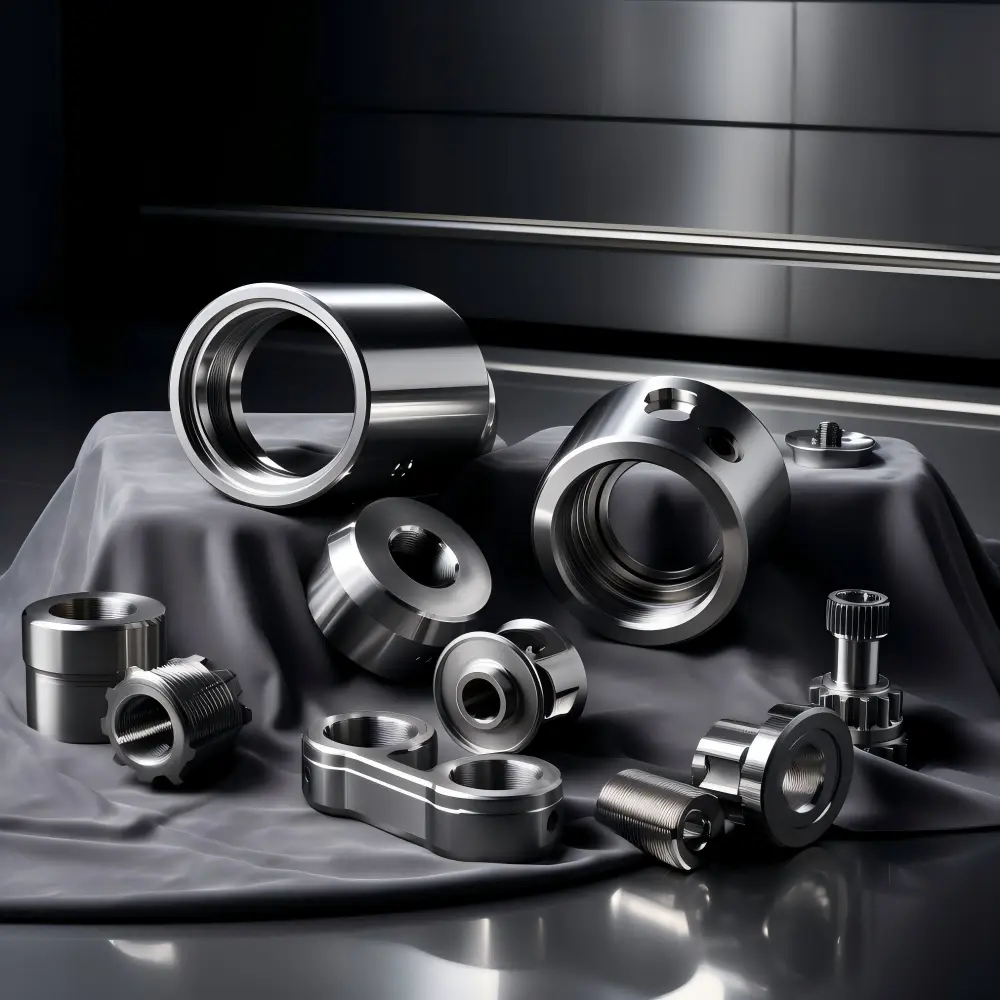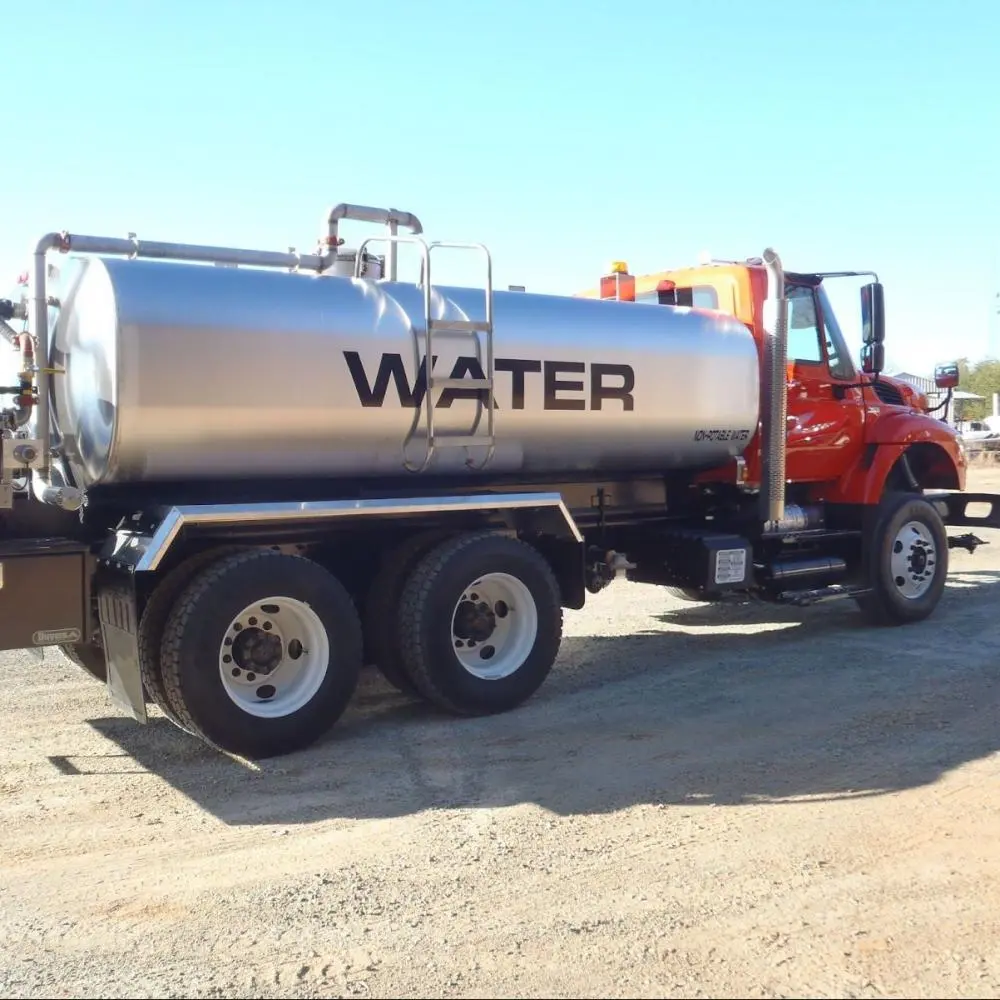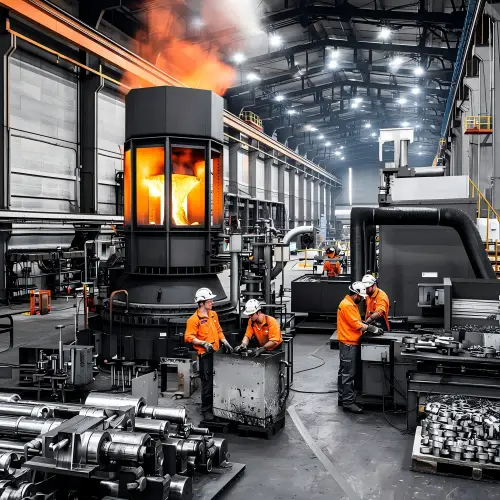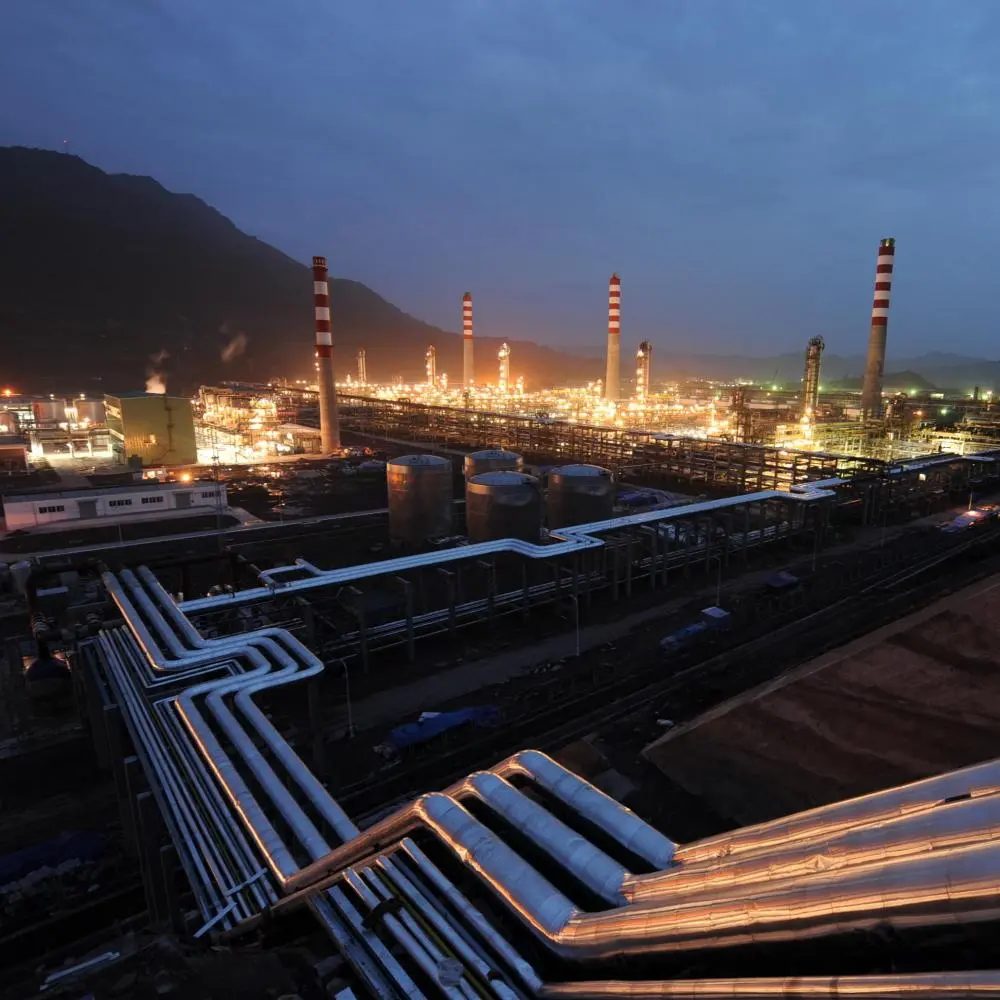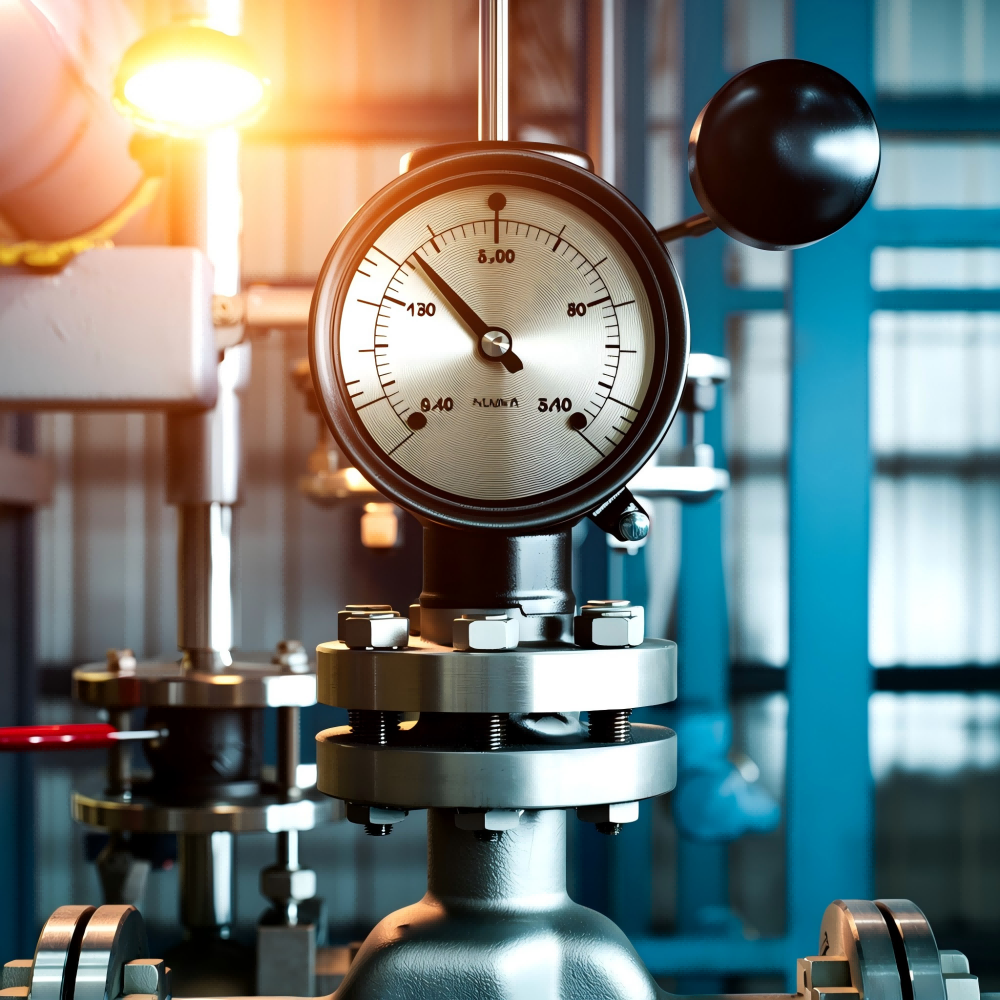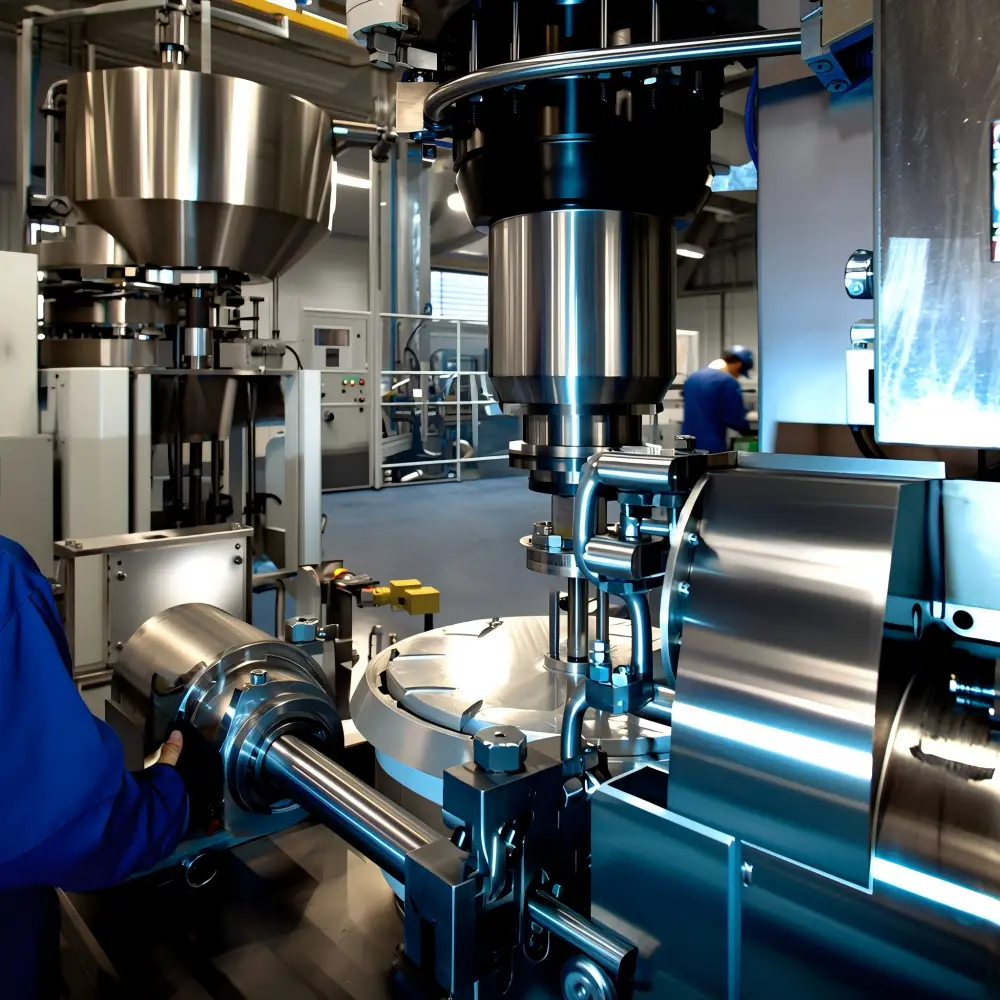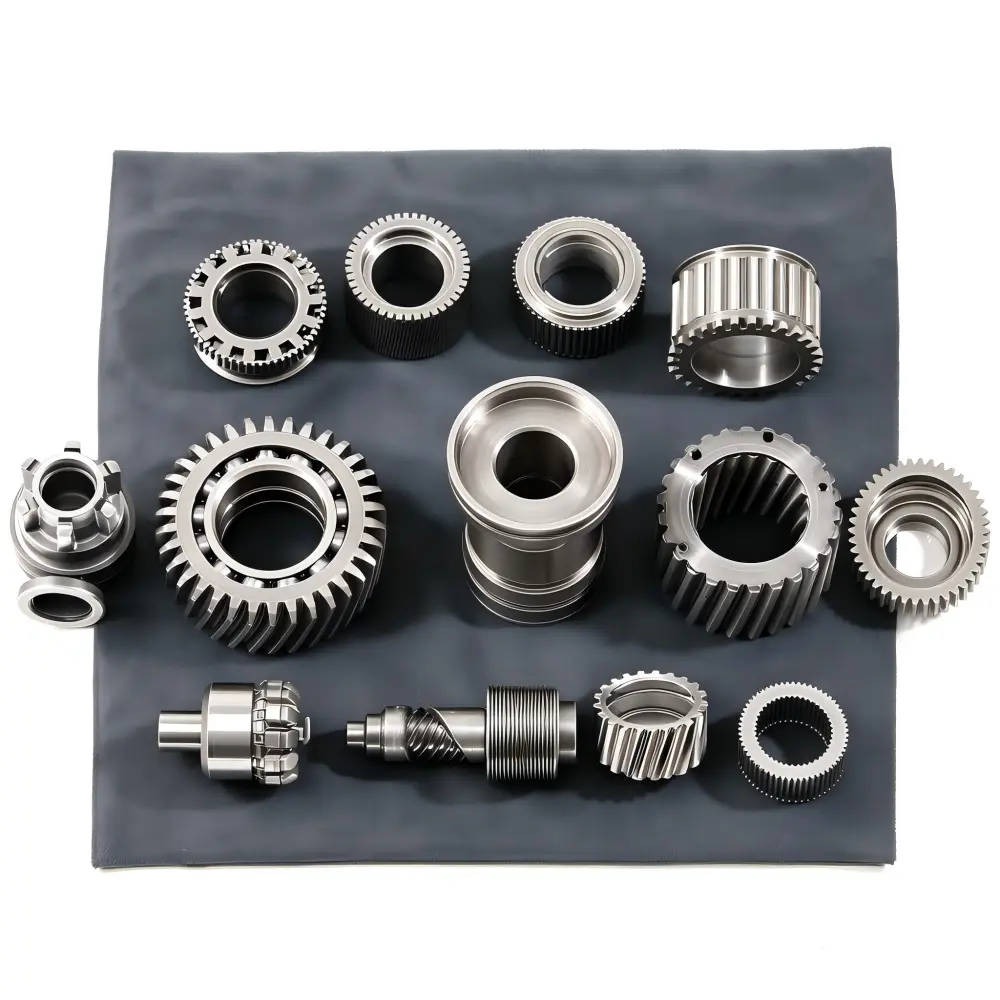Stainless Steel Castings for Water Pump Efficiency
Stainless steel castings significantly enhance water pumpefficiency. They offer superior corrosion resistance, durability, and performance. These attributes make them ideal for harsh environments where traditional materials might fail. Stainless steel submersible pumps, for instance, exhibit remarkable wear resistance compared to cast iron or plastic alternatives. This results in a longer lifespan and reduced maintenance needs. Additionally, the high energy efficiency of stainless steel components contributes to cost-effectiveness over time. By choosing stainless Steel Castings, industries can ensure reliable and efficient water pump operations.
Benefits of Stainless Steel in Water Pumps
Corrosion Resistance
Importance in water environments
Stainless steel castings play a crucial role in water pump efficiency, particularly in environments where corrosion poses a significant threat. Water pumps often operate in conditions that expose them to corrosive substances, such as saltwater or chemicals. Stainless steel, known for its exceptional corrosion resistance, ensures that pumps maintain their integrity and functionality over time. This resistance not only extends the lifespan of the pumps but also reduces the frequency of repairs and replacements, leading to cost savings for industries.
Comparison with other materials
When comparing stainless steel castings to other materials used in water pumps, the advantages become evident. Cast iron and plastic alternatives, for instance, lack the durability and corrosion resistance that stainless steel offers. While cast iron may succumb to rust and degradation, plastic components can warp or crack under stress. In contrast, stainless steel withstands harsh operating conditions, exposure to corrosive liquids, and high temperatures. This makes it an ideal choice for industries such as chemical processing, food and beverage production, and wastewater treatment.
Durability and Longevity
Impact on maintenance costs
The durability of stainless steel castings significantly impacts maintenance costs. Pumps made from stainless steel require less frequent servicing and have lower overall replacement expenses. This durability translates into reduced downtime and increased operational efficiency. Industries benefit from the reliability of stainless steel components, which consistently perform under demanding conditions without compromising on quality.
Performance under stress
Stainless steel castings excel in maintaining performance under stress. They exhibit superior wear resistance and can adapt to various water quality environments, including those containing corrosive media. This adaptability ensures that pumps continue to function optimally, even in challenging situations. The robust nature of stainless steel allows it to endure high-pressure applications, making it a preferred choice for critical industrial processes.
Performance Improvements
Energy efficiency gains
Stainless steel castings contribute to significant energy efficiency gains in water pumps. The smooth surface finish of stainless steel reduces friction, allowing pumps to operate more efficiently. This efficiency translates into lower energy consumption, which not only benefits the environment but also reduces operational costs. Industries can achieve substantial savings by investing in stainless steel components that enhance the overall performance of their water systems.
Consistent performance over time
The consistent performance of stainless steel castings over time is a testament to their quality and reliability. Unlike other materials that may degrade or lose efficiency, stainless steel maintains its structural integrity and functionality. This consistency ensures that water pumps deliver optimal performance throughout their service life, providing industries with peace of mind and confidence in their operations.
Investment Casting Process
Overview of the Process
Steps involved in Investment Casting
Investment casting, also known as lost-wax casting, involves several precise steps to create high-quality components. Initially, a wax pattern is crafted to replicate the desired part. This pattern is then coated with a ceramic shell, which hardens to form a mold. Once the mold is ready, the wax is melted and drained, leaving a cavity for the molten metal. The metal is poured into this cavity, taking the shape of the original wax pattern. After cooling, the ceramic shell is broken away, revealing the final cast component. This method ensures intricate detailing and accuracy in the finished product.
Why it's ideal for complex components
Investment casting excels in producing complex components due to its ability to capture fine details and intricate geometries. The process allows for the creation of parts with thin walls, internal cavities, and complex shapes that other casting methods might struggle to achieve. This precision makes investment casting an ideal choice for industries requiring high-performance components, such as aerospace, automotive, and water pump manufacturing. The flexibility of the process also enables customization to meet specific design requirements.
Suitability for Water Pump Components
Precision and customization
Water pump components benefit greatly from the precision and customization offered by investment casting. The process allows manufacturers to produce parts with exact dimensions and tight tolerances, ensuring optimal performance and efficiency. Customization options enable the creation of components tailored to specific applications, enhancing the functionality and reliability of water pumps. This level of precision and adaptability is crucial for meeting the diverse needs of industries that rely on water pump systems.
Cost-effectiveness in production
Investment casting provides a cost-effective solution for producing water pump components. Although the initial setup costs may be higher than other methods, the long-term benefits outweigh these expenses. The process reduces material waste and minimizes the need for extensive machining, leading to lower production costs. Additionally, the durability and longevity of stainless steel castings result in fewer replacements and repairs, further contributing to cost savings. Industries can achieve significant financial advantages by choosing investment casting for their water pump components.
Case Studies/Examples
Successful Applications in Civil Water Pumps
Example 1: Use of 416 stainless steel in water pump impellers
In civil water pump applications, 416 stainless steel has proven to be a game-changer. This material offers excellent machinability and corrosion resistance, making it ideal for water pump impellers. Industries have observed that pumps equipped with 416 stainless steel impellers exhibit enhanced performance and longevity. The material's ability to withstand harsh environments, including exposure to corrosive fluids, ensures that the pumps maintain their efficiency over time. This results in reduced maintenance costs and increased reliability, which are crucial for civil infrastructure projects.
Example 2: Customized castings for specific civil applications
Customized stainless steel castings have been successfully implemented in various civil water pump applications. These tailored solutions address specific challenges faced by industries, such as handling wastewater, slurry, and other corrosive fluids. By designing castings that meet the unique requirements of each application, manufacturers can optimize the performance and durability of water pumps. This customization not only enhances the efficiency of the pumps but also extends their service life, providing significant value to civil projects.
Lessons Learned and Best Practices
Key takeaways from real-world applications
Real-world applications of stainless steel castings in water pumps have provided valuable insights. One key takeaway is the importance of selecting the right material for specific environmental conditions. Stainless steel, with its superior corrosion resistance and durability, consistently outperforms other materials in challenging settings. Additionally, the investment Casting Process allows for precise and intricate designs, which are essential for optimizing pump performance.
Recommendations for future projects
For future projects, industries should prioritize the use of stainless steel castings in water pump components. This choice ensures long-term reliability and efficiency, reducing the need for frequent maintenance and replacements. It is also advisable to leverage the customization capabilities of investment casting to tailor components to specific applications. By doing so, industries can achieve optimal performance and cost-effectiveness in their water pump systems.
Stainless steel castings significantly enhance the efficiency and reliability of civil water pumps. Their robust material offers exceptional resistance to corrosion and wear, resulting in reduced maintenance and replacement needs. The investment casting process ensures precision and durability, making it an ideal choice for crafting water pump components. Despite higher initial costs, stainless steel submersible pumps provide long-term benefits, including lower servicing costs and extended service life. By investing in these components, industries can achieve substantial cost savings and ensure consistent, efficient water pump operations over time.
Ningbo Pingheng Machinery Co., Ltd (www.phcasting.com) is a professional manufacturer of stainless steel investment casting, and its products are widely used in the field of civil pumps.
See Also
Precision Castings in Tin Bronze for Oil Pump Applications
Oil Pump Components Made with Tin Bronze Precision Casting
Future Trends in Advanced Precision Casting Technologies
Evaluating the Advantages and Disadvantages of Silicon Bronze Casting
Understanding the Benefits and Drawbacks of Silicone Sol Castings






